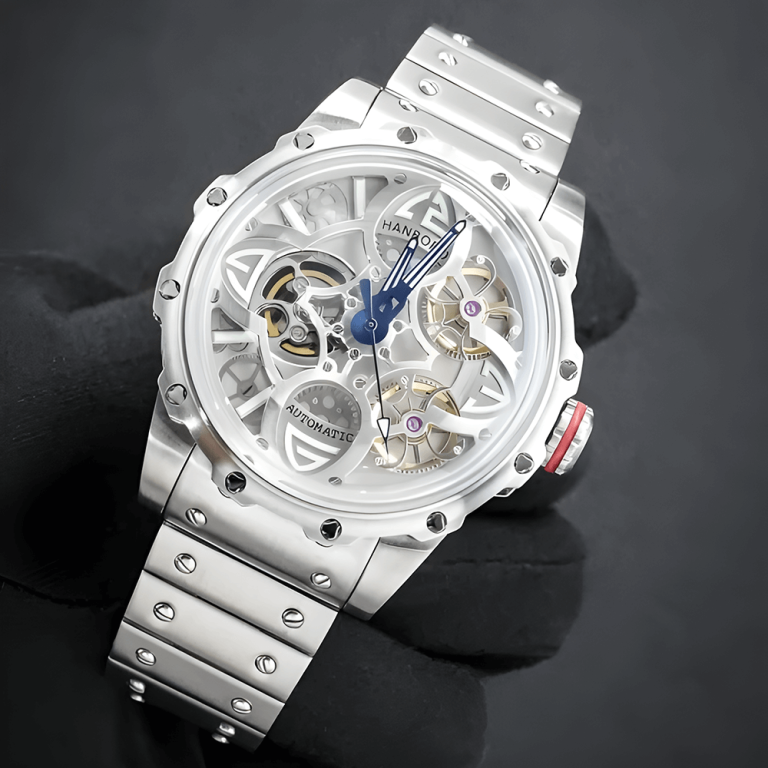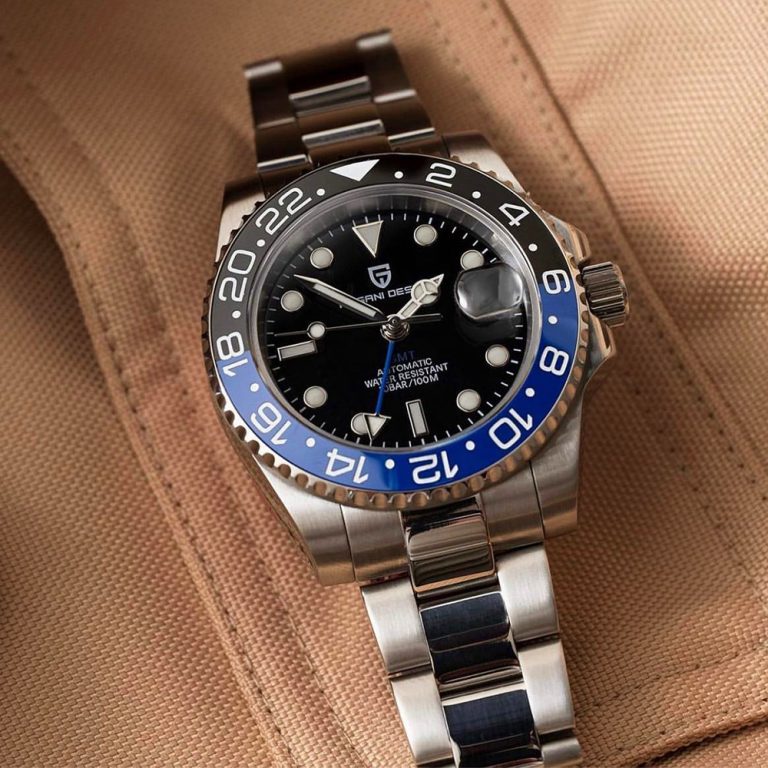Introduction to Watch Movements
Watch movements are the heart of every timepiece. They’re complex mechanisms that keep track of time. There are two main types of watch movements: automatic vs mechanical watch. Mechanical movements require manual winding by the user. Automatic movements, also known as self-winding, harness the wrist’s motion to wind themselves. Making the choice between these two can be tough. It depends on what you value more: the hands-on experience of winding a watch manually or the convenience of an automatic system. In this part of the blog, we’ll explore how these movements work and what sets them apart. With this knowledge, you can better decide which watch type suits your lifestyle and preferences.
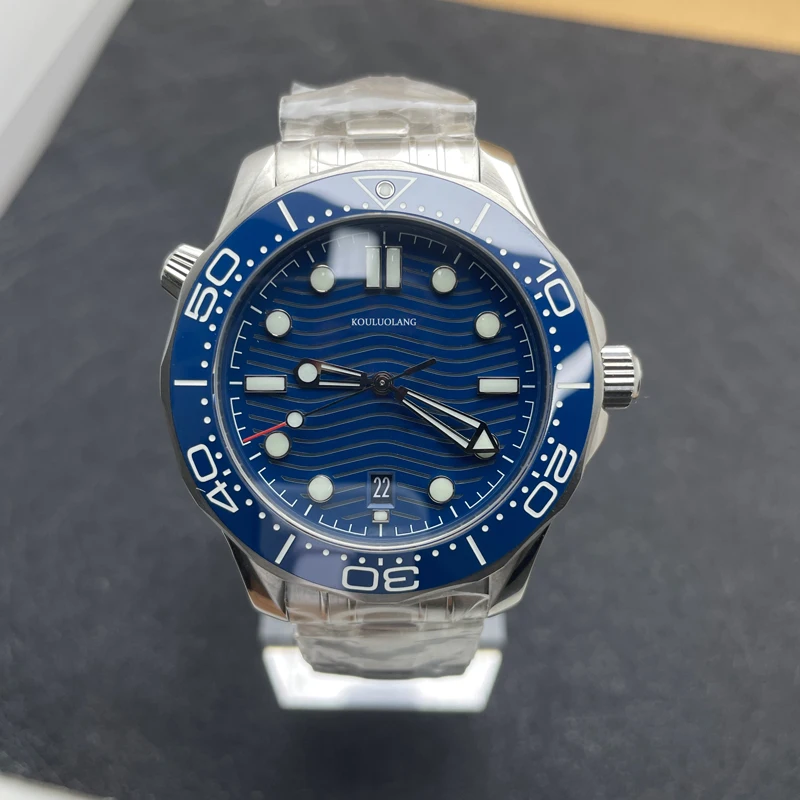
Exploring Mechanical Watches
Mechanical watches spin tales of heritage and craftsmanship. They require manual winding, often captivating enthusiasts. By turning the watch’s crown, you wind the mainspring. This action feels intimate, connecting you to the watch’s heartbeat.
Within these timeless pieces, gears and springs work in harmony. They power the watch’s hands, ticking with precision. Mechanical watches don’t need batteries. Maintenance, however, is key. Regular servicing ensures they tick gracefully for years.
The beauty of their design lies in complexity. Each watch houses a miniature world of mechanics. This results in often higher costs. Yet, for many, owning a mechanical watch is about tradition, not just telling time. It’s a symbol of art and history on your wrist.
Many appreciate the thinner cases mechanical watches can offer. Without the need for automatic winding mechanisms, these watches wear lightly. The absence of a rotor grants a sleeker profile and comfort.
Despite their intricacies, mechanical watches might be less precise than automatics if not wound regularly. Still, the affection for the manual ritual is undying. Winding a watch by hand is a daily reminder of the device’s finesse and your role in its life.
Delving into Automatic Watches
Automatic watches differ from mechanical ones by their self-winding feature. They harness the natural motion of the wearer’s wrist. This motion powers the watch continuously, as long as it’s worn.
Automatic watches contain a rotor that moves with wrist activities. The rotor’s motion winds the mainspring, storing energy. This mechanism negates the need for manual winding.
These watches offer convenience because they do not require daily attention. Just wear it and it keeps working. However, they are usually thicker due to the space the rotor takes.
Automatic watches tend to be heavier. This is due to the additional components like the rotor.
They generally have a higher cost than mechanical watches. The complex engineering involved contributes to this.
Despite these cons, automatic watches remain popular. They blend modern convenience with traditional mechanical complexity.
Many watch brands offer elegant automatic models. These range from affordable pieces to high-end luxury watches.
For those who prefer not manually winding their watch, an automatic could be ideal. It offers the feel of a mechanical watch without the manual effort.
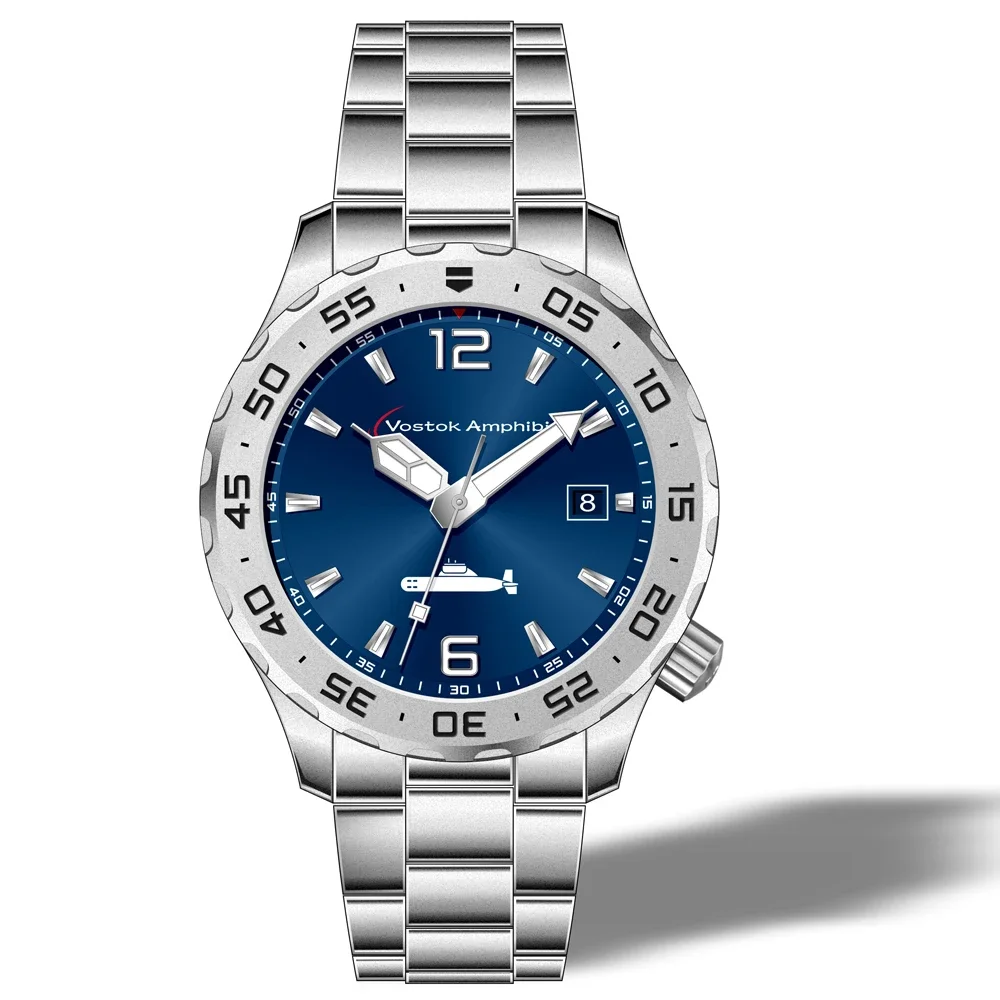
Key Differences Between Automatic and Mechanical Watches
When choosing a watch, understanding the key differences between automatic and mechanical is crucial. Here are the main distinctions to help you make an informed choice.
The Winding Mechanism
Mechanical watches need manual winding, while automatic watches self-wind with wrist motion.
Watch Thickness and Comfort
Without a rotor, mechanical watches can be slimmer, offering greater comfort on the wrist.
Cost Implications
Automatic watches generally cost more due to their complex self-winding technology.
Maintenance and Upkeep
Mechanical watches may require more frequent servicing than automatic ones.
The Convenience Factor
Automatic watches offer ease as they don’t need daily winding if worn often.
Weight Considerations
Due to extra parts like the rotor, automatic watches are usually heavier.
Collector’s Preference
Some collectors prefer the tradition and interaction of manually winding a mechanical watch.
In summary, if you enjoy the ritual and the slimmer design, a mechanical watch could be for you. If you lean towards convenience and don’t mind a bit bulkier and heavier watch, consider an automatic. Each type has its pros and cons, it all boils down to personal preference.
Pros and Cons of Automatic Watches
When weighing up automatic watches, there are several clear advantages and disadvantages to consider.
Pros of Automatic Watches
- Convenience: They wind themselves using your wrist’s motion, making daily winding unnecessary.
- Consistent Power: Regular wear keeps them powered, avoiding frequent resets.
- Craftsmanship Appreciation: Their intricate engineering is a marvel for enthusiasts of classic watchmaking.
- Wide Selection: Available across a range of price points, from budget-friendly to luxury.
Cons of Automatic Watches
- Bulkiness: The rotor that powers the watch adds thickness, which can affect wrist comfort.
- Weight: They are generally heavier than their mechanical counterparts, which might not suit everyone.
- Cost: Typically, they are more expensive due to their complex automatic winding mechanism.
- Servicing: Require professional servicing every few years to maintain accurate functioning.
Overall, automatic watches blend the antique charm of traditional watch mechanisms with modern-day convenience. Ideal for active individuals, they eliminate the need for manual winding while providing a testament to horological artistry. However, their added bulk and the need for more maintenance might rule them out for some.
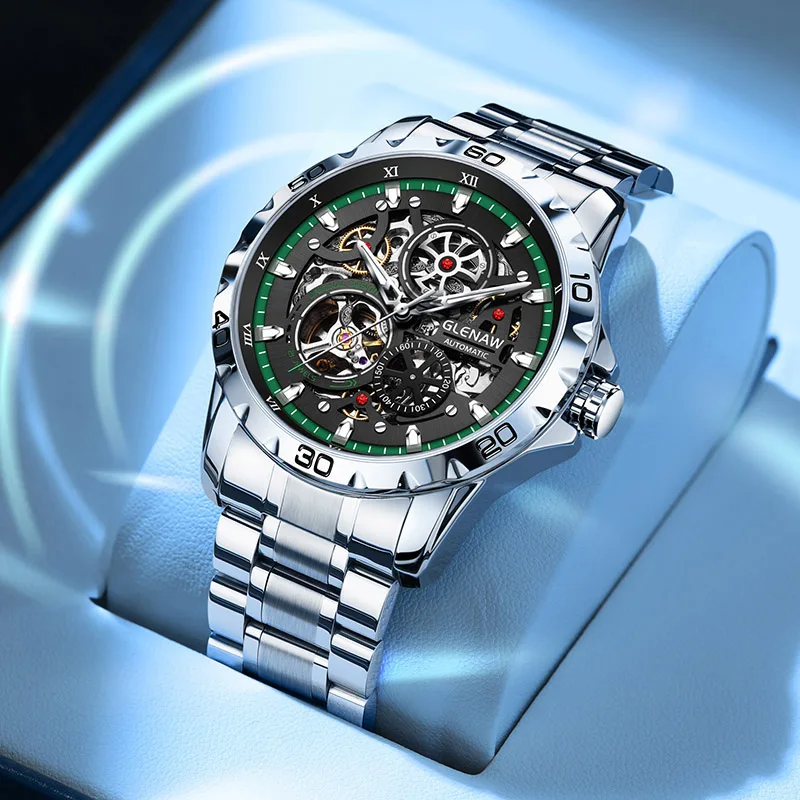
Pros and Cons of Mechanical Watches
Mechanical watches captivate with their tradition and craftsmanship. They need manual winding, creating an intimate user experience. Here are the key pros and cons:
Pros of Mechanical Watches
- Connection and Engagement: Winding these watches manually connects you directly with their mechanics.
- Simpler Aesthetics: They offer sleek and thin designs, enhancing wearing comfort.
- Heritage and Craftsmanship: They represent a rich history of watchmaking art.
- Durability: Properly maintained mechanical watches can last for generations.
Cons of Mechanical Watches
- Regular Maintenance Required: They must be wound regularly and serviced to ensure longevity.
- Fragility: Their intricate components can be prone to damage if mishandled.
- Cost: High-quality craftsmanship often means a higher price tag.
- Less Precision: If not regularly wound, they may lose accuracy over time.
Mechanical watches offer a unique combination of aesthetics and tradition. Those who enjoy the ritual of winding a watch often appreciate the craftsmanship involved. However, they may not suit all due to their need for regular maintenance and potential higher cost.
Factors to Consider When Choosing Between Automatic and Mechanical Watches
When you’re deciding between an automatic and mechanical watch, consider these key points.
Lifestyle and Wear Patterns
Do you wear a watch every day? An automatic might be best, as it winds with your movement. If you don’t wear a watch daily, a mechanical watch might suit you, since you’ll be winding it by hand anyway.
Appreciation for Craftsmanship
Consider what attracts you to watches. Is it the technology, history, or the act of winding? Your passion will guide your choice. An automatic watch showcases engineering marvels, while a mechanical can be a nod to traditional craftsmanship.
Budget Constraints
Automatic watches might cost more because of their complexity. If you have a tight budget, a mechanical watch might be more within reach.
Maintenance and Care
Automatic watches need less frequent winding but may require professional servicing. Mechanical watches need your care more often, but you might save on service costs.
Thickness and Weight Preferences
If comfort is key, a lighter, thinner mechanical watch might be more comfortable. Automatic watches often have a heavier feel due to the rotor.
Personal Connection and Interaction
Do you enjoy the tactile experience of winding a watch? Mechanical watches offer this personal touch. Automatic watches are more “hands-off” and convenient.
Think about these factors to decide which watch aligns with your lifestyle, budget, and the value you place on tradition versus convenience.
Conclusion: Making Your Decision
Choosing between an automatic and mechanical watch is a personal journey. Think about your daily habits. Do you want the convenience of not winding your watch? Then, an automatic watch suits you. If the ritual of winding entices you, go for mechanical. Consider your budget too. Automatics might cost more, but mechanical watches have their charm. Don’t forget about maintenance. Automatics need less, but mechanicals give you that hands-on feeling. Your preference for weight and size matters too. Slimmer and lighter? Mechanical might be your pick. Want a robust feel? Automatic is the way. In the end, consider what connects you to your watch. Is it the intricate workings or the history it carries? Your answer will guide your choice between automatic and mechanical watches. The decision is yours, and the right watch will make all the difference.
